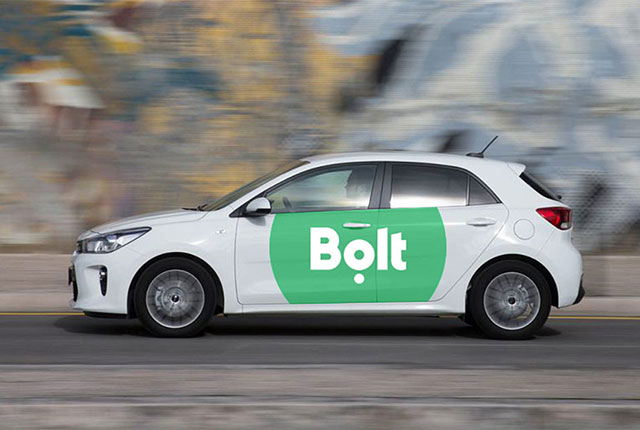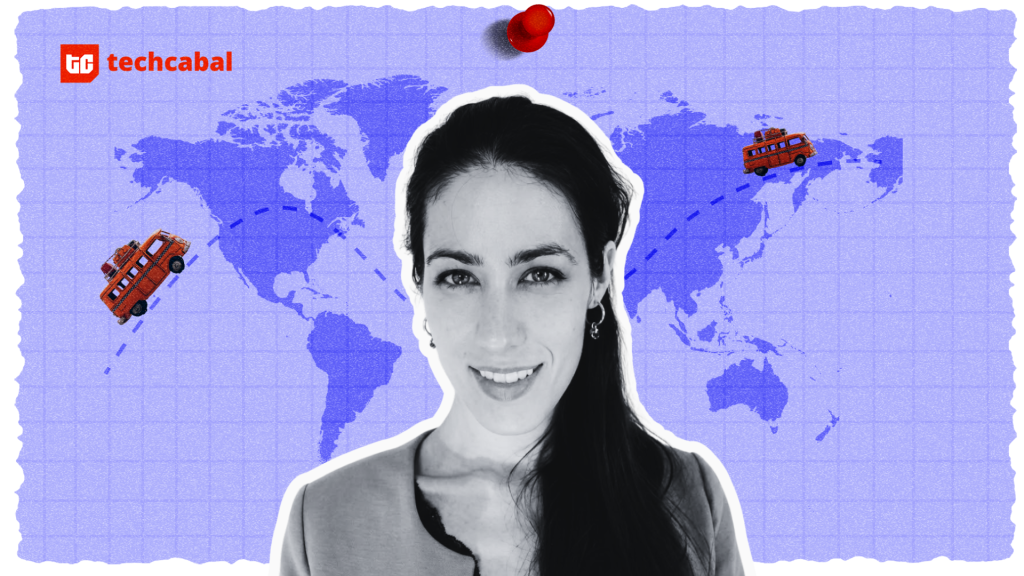Ride-hailing giant Bolt has introduced a flexible pricing system allowing passengers to offer higher fares to drivers to increase their chances of getting rides during periods of high driver demand.
Trip delays have become more common as ride-hailing giants struggle to convince people to take up driving as gig work. It is commonplace to wait over 10 minutes before finding a driver on the leading ride-hailing apps.
One of the key obstacles to onboarding more drivers is pricing. In the past year, drivers have argued that fuel prices—a subsidy removal in May 2023 saw fuel prices almost double—and the commission the ride-hailing companies collect have shrunk their margins. Yet, passing on these costs to customers is tricky partly because of competition and because many Nigerians are also dealing with high prices as inflation continues to accelerate.
The bidding system, similar to what competitor inDrive used to differentiate itself when it launched in the Nigerian market, aims to incentivize drivers to accept trips, especially during peak periods.
“The benefit for the driver is that they earn more. [The] same standard commission applies to all trips,” said Femi Adeyemo, Bolt’s communication manager.
Riding-hailing giants like Bolt and Uber typically charge customers a base fare and use surge pricing during periods of high demand to incentivise drivers. But surge pricing, which is determined by algorithms, does not allow the driver any say in the negotiations.
This idea of giving drivers direct access to the customers to negotiate a fair fee has helped inDrive gain popularity and Bolt will borrow the same idea in the hopes that it reduces wait time.
The decision to tweak its pricing system will count as a win for drivers, but ultimately, gig drivers continue to push for a seat at the decision-making table. For now, they’ve won some bargaining power with customers, it remains to be seen when they’ll also win the same with the ride-hailing companies.















